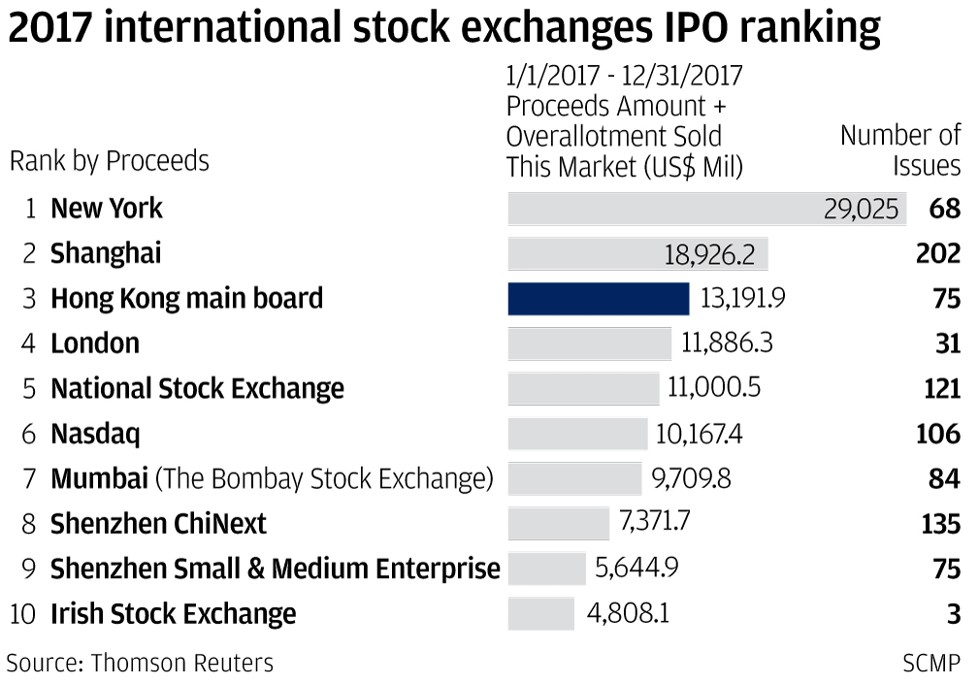
HKEX’s new listing rules will bring the tech economy to Hong Kong, not just the stock market
Paul Lau says the Hong Kong stock exchange’s overhaul of its listing regime to make the bourse more attractive to technology firms will not only expand capital markets in the region, but also spark innovation in the Greater Bay Area
The pre-revenue nature of the biotech companies may bring additional risks if they fail to commercialise their products or sustain their business after listing
This measured approach is of particular significance as the pre-revenue nature of the biotech companies may bring additional risks if they fail to commercialise their products or sustain their business after listing. It is therefore very important for investors to be well-educated and informed of the risks involved, which is essential to maintaining an efficient and high-quality capital market.
Indeed, a longer-term impact of this regulatory reform would be the injection of new knowledge and opportunities into the investor community, enabling investors to learn about funding emerging and innovative businesses, as well as their technologies, business models and strategies.
In addition, Hong Kong’s role as an international financial centre – with the inherent advantages of a sound regulatory regime, transparent vetting processes, strong international investor base and abundant liquidity – is particularly attractive for new-economy companies with global operations and international investors.

These changes will allow non-listed red-chip or domestic companies to conduct initial public offerings without meeting the traditional financial requirements.
The listing reforms … should accelerate the development of the new-economy sector in mainland China, which should in turn lead to more IPOs
While some Chinese technology companies may reconsider their listing destinations following the introduction of CDRs, they will also need to consider additional factors, such as listing requirements, valuation, target investors and brand building.
Overall, the global IPO market should perform strongly in 2018, as a growing wave of large tech companies continue to go public. It will also be a year of market transformation for new-economy IPOs, with the reforms in mainland China and Hong Kong in the spotlight. The new rules will further enhance the overall competitiveness of the stock exchanges in mainland China and Hong Kong compared to other major international listing venues, in particular the US bourses.
The new reforms will help boost Hong Kong’s entrepreneurial ecosystem and facilitate the growth of new-economy industries. This will not only create new opportunities for young people, but also encourage old-economy industries to transform and innovate at a faster pace.
Paul Lau is a partner and head of capital markets at KPMG China
